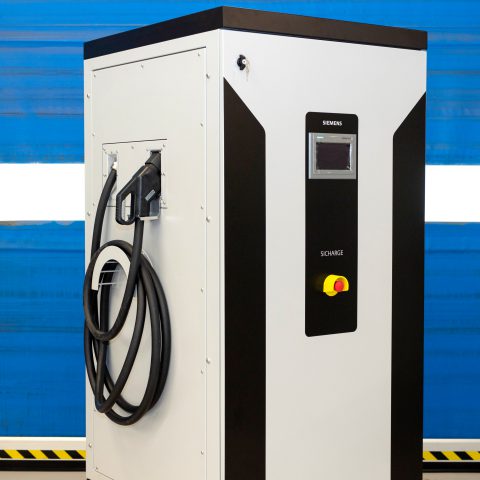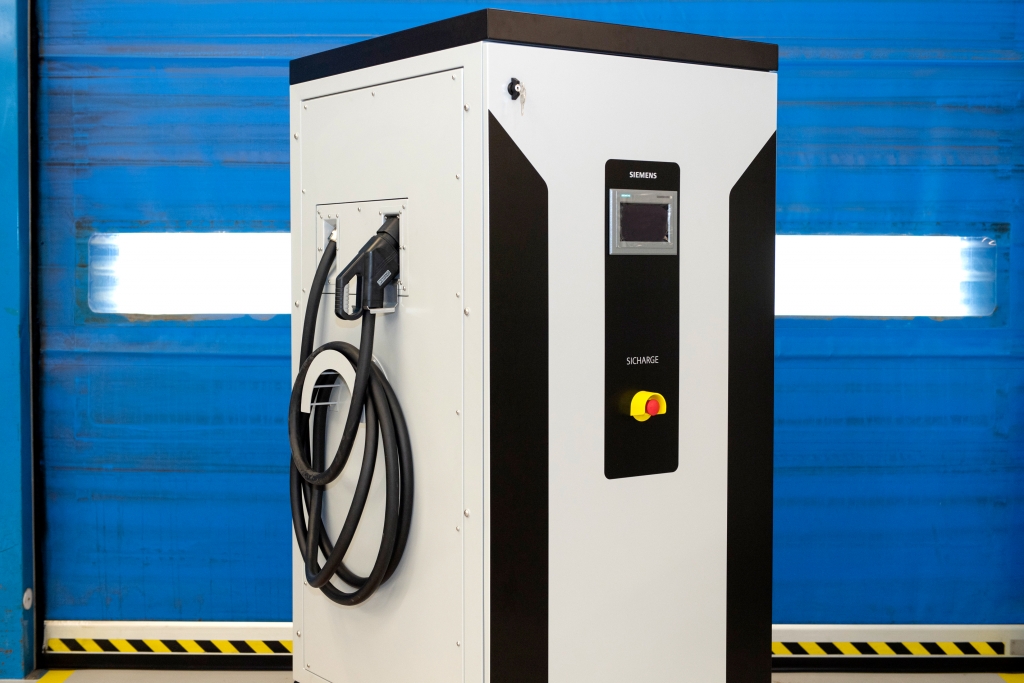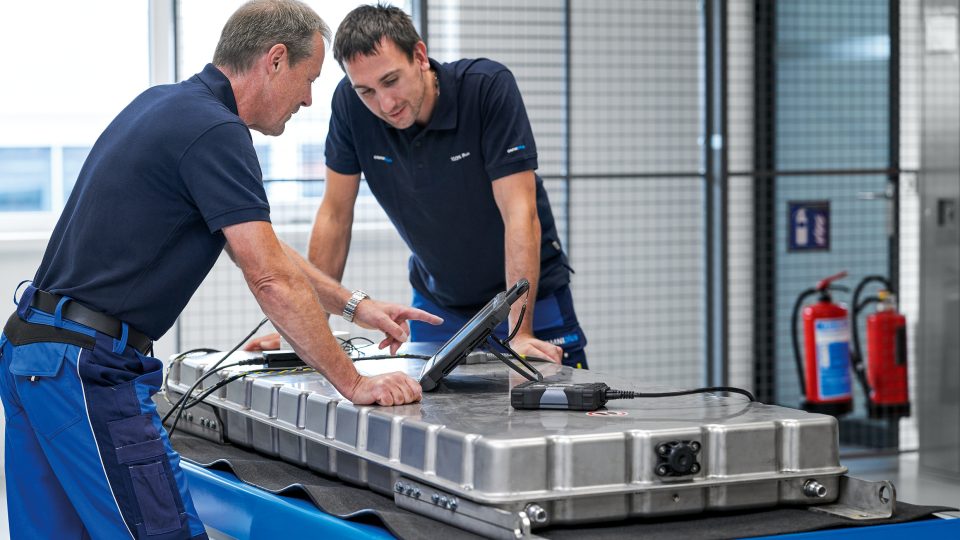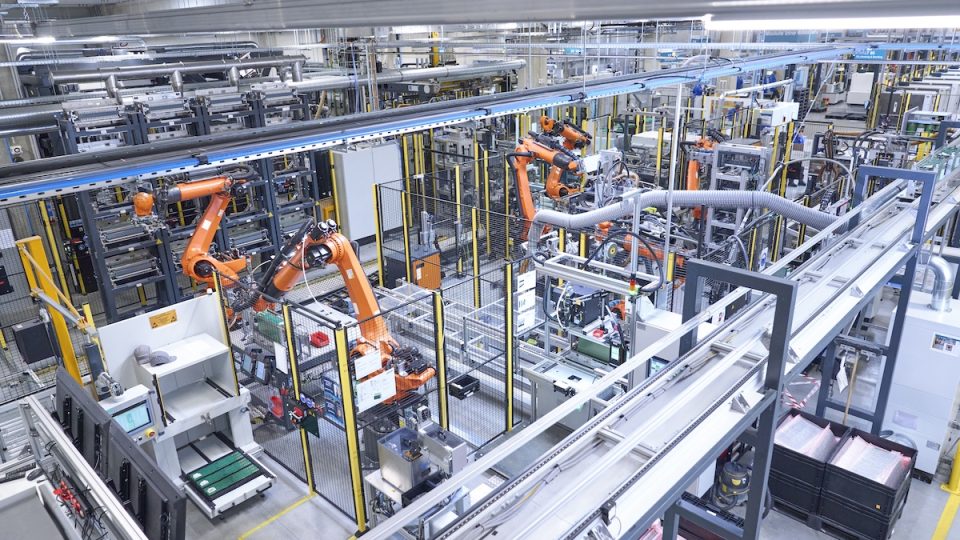Siemens Portugal exports its first e-bus charger, headed to Baden-Baden
First electric charger made in Portugal has been delivered to Baden-Baden, where it’ll be powering the electric buses serving the city. The German group announced that Siemens Portugal exported the first electric charger produced at its Corroios plant. Siemens expects to produce 1,400 chargers per year by 2025. Siemens Portugal, spotlight on electric commercial vehicles Currently […]

First electric charger made in Portugal has been delivered to Baden-Baden, where it’ll be powering the electric buses serving the city. The German group announced that Siemens Portugal exported the first electric charger produced at its Corroios plant. Siemens expects to produce 1,400 chargers per year by 2025.

Siemens Portugal, spotlight on electric commercial vehicles
Currently the Corroios factory is producing chargers for projects in Portugal, Italy, Romania and Germany. It is estimated that 90% of the chargers produced at the Siemens plant in Corroios will be for export, Siemens points out.
The new generation loaders produced in Portugal are intended for electric commercial and utility vehicles, such as buses, trucks, vehicles for waste collection and road washing vehicles, among others. This model allows chargings from 30 minutes to 2 hours, depending on the different power classes and autonomy needs. The complete equipment, with galvanized steel cabinet, weights about 1.5 tons, and only the transformer weighs about 800kg.
300 chargers per year in Portugal
At the end of last year, with the creation of a dedicated production line for these chargers, the plant became capable of producing more than 300 units per year. If the market evolves favourably, the company expects to produce, in this unit, 1400 chargers per year until 2025.
“By starting to produce chargers, along with the low and medium voltage switchboards it already produced, this factory is increasingly better prepared to respond to the major challenges that are now facing cities and to play a relevant role in areas where there is expected to be greater dynamism, such as networks and intelligent buildings, and electrical mobility,” said Fernando Silva, responsible for Smart Infrastructure at Siemens Portugal.







